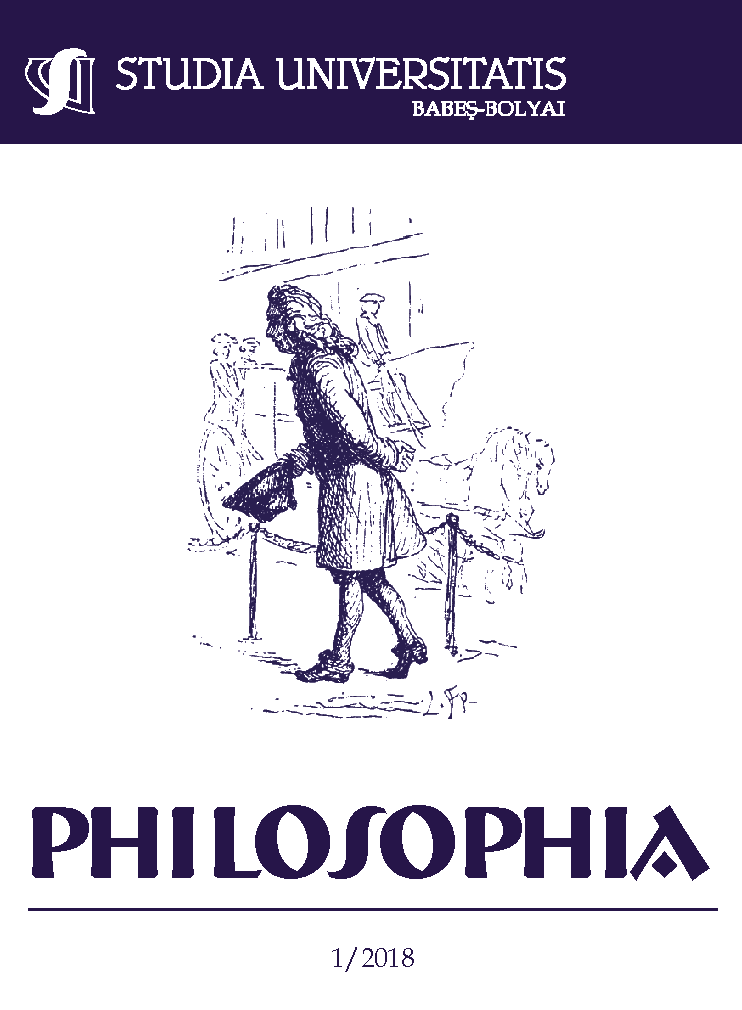PHENOMENOLOGY AND IMAGINATION IN HEIDEGGER’S INTERPRETATION OF KANT
DOI:
https://doi.org/10.24193/subbphil.2018.1.04Keywords:
imagination, schemes, thought, understanding, Kant, Heidegger, phenomenology, unconsciousAbstract
The purpose of our contribution in this paper is to provide an overview of development of Heidegger’s account of imagination with a special focus to the affinity between phenomenology and psychology. (I.) Firstly, we reconstruct how – by his reading Husserl and Aristotle – the early Heidegger got to know the function of imagination as it can open the realm of the things themselves. (II.) Secondly, we investigate that in his Kant-book, Heidegger gave up his plan to further think the viewpoints envisioned by Husserl and the Neo-Kantians, and he entirely transformed his previous concept of imagination by the chapter on Schematism. Ourcore thesis is that Heidegger’s account of imagination is concerned with the emergence of schemes of our thinking, that is to say, Heidegger went beyond the psychological Kant-interpretation, and at the same time he turned to discover the field of phenomenological unconscious.
Downloads
Published
How to Cite
Issue
Section
License
Copyright (c) 2018 Studia Universitatis Babeș-Bolyai Philosophia

This work is licensed under a Creative Commons Attribution-NonCommercial-NoDerivatives 4.0 International License.





